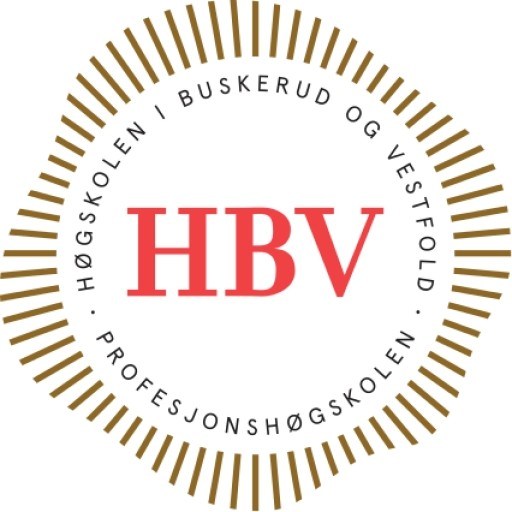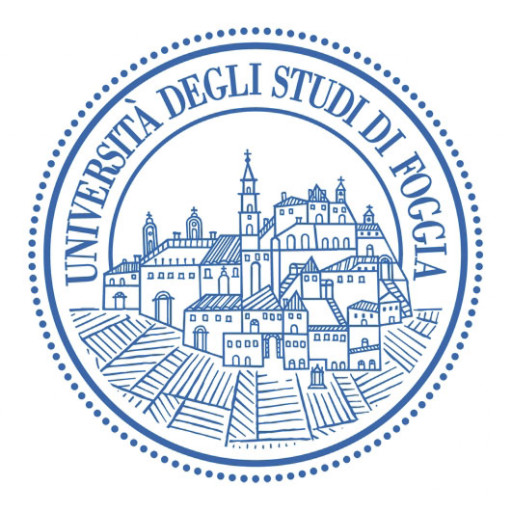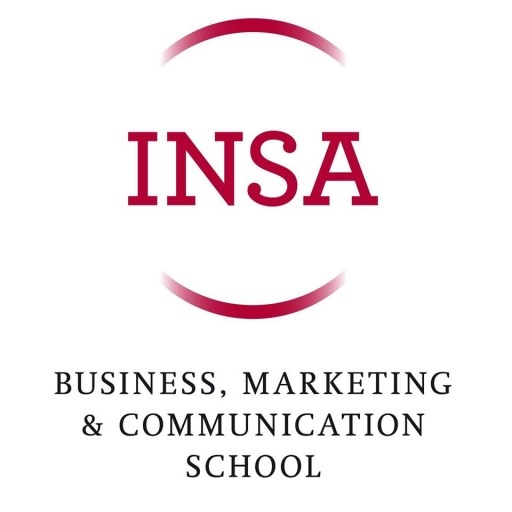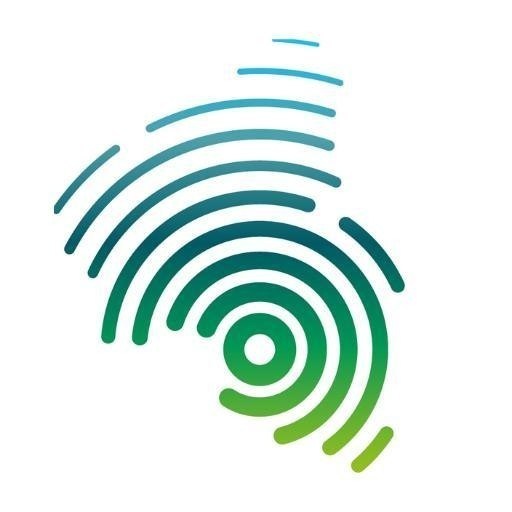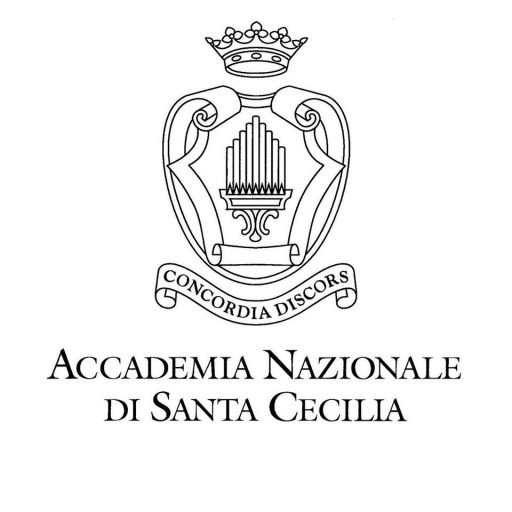Photos of university / #uniessex
The BSc (Hons) Accounting, Finance and Management programme at the University of Essex offers an in-depth exploration of the core principles and practical applications of accounting, finance, and management disciplines. Designed to equip students with essential skills for the dynamic world of business and finance, this programme provides a comprehensive curriculum that combines theoretical knowledge with real-world experience. Throughout the course, students will study a range of topics, including financial accounting, managerial accounting, corporate finance, investment analysis, strategic management, and leadership. The programme emphasizes critical thinking, problem-solving, and analytical skills, preparing graduates for diverse careers in accounting, finance, consultancy, and managerial roles across various industries. Students benefit from a blend of lectures, seminars, workshops, and hands-on projects, often involving case studies and simulations that mirror actual business scenarios. The university's strong links with industry professionals and networks facilitate valuable internships and placement opportunities, enhancing employability upon graduation. Additionally, the programme develops transferable skills such as effective communication, teamwork, ethical decision-making, and digital literacy, which are highly valued in today’s competitive job market. Opportunities for specialization are available, allowing students to tailor their studies according to their career interests. With support from dedicated academic staff and access to state-of-the-art facilities, students are well-prepared to meet the challenges of the fast-evolving global economy. The programme also incorporates opportunities for international exposure, including exchange programmes and collaborative projects, fostering a global perspective. Graduates of this programme are equipped not only with technical expertise but also with strategic insight and leadership qualities necessary to succeed in a variety of professional contexts. Upon completion, students will be well-positioned to pursue professional qualifications such as ACCA, CIMA, or CFA, or to undertake postgraduate study. This programme is ideal for ambitious individuals seeking a solid foundation in accounting, finance, and management principles, combined with practical skills that are directly applicable in the workforce.
The Bachelor of Science in Accounting, Finance and Management at the University of Essex offers students a comprehensive and interdisciplinary education designed to equip them with the essential skills and knowledge required for successful careers in the dynamic world of business. This programme provides a balanced curriculum that combines core principles of accounting, finance, and management, allowing students to develop a holistic understanding of how organizations operate and thrive in competitive markets. Throughout the course, students engage with a diverse range of modules covering financial accounting, management accounting, corporate finance, investment analysis, strategic management, organizational behavior, and leadership. The programme emphasizes the development of practical skills through case studies, real-world projects, and opportunities for work placements, enabling students to apply theoretical concepts to real business challenges.
Students will learn to analyze financial statements, assess financial risks, and make strategic financial decisions, whilst also gaining insights into effective management practices and leadership skills. The programme encourages critical thinking and problem-solving, fostering an ability to adapt to rapidly changing economic conditions. Additionally, students are introduced to the use of advanced financial software and data analysis tools, preparing them for careers in accounting firms, financial institutions, consultancy agencies, or corporate business sectors. The interdisciplinary nature of the programme allows graduates to pursue diverse careers or further study in related fields such as chartered accountancy, financial analysis, management consultancy, or entrepreneurship. With a strong emphasis on employability, the course also offers opportunities for networking, internships, and guest lectures from industry professionals, ensuring students are well-prepared to meet the demands of today’s global business environment.
Typical entry requirements for the BSc Accounting, Finance and Management programme at the University of Essex include a minimum of two A-levels or equivalent qualifications, with specific grades often being BBB or higher. Applicants are expected to demonstrate proficiency in mathematics and numeracy skills, reflecting the quantitative nature of the programme. In addition to academic qualifications, relevant work experience or achievements in related fields may enhance an applicant's application, although they are not strictly necessary. International students need to meet the English language proficiency requirements, usually a IELTS score of 6.0 or equivalent, with some flexibility depending on the overall application profile. The university encourages applications from students with diverse educational backgrounds, provided they can demonstrate strong analytical and problem-solving abilities. Personal statements and references are an essential component of the application process, offering insight into the applicant's motivation, interest in the subjects, and suitability for the programme. The programme also seeks students who have good communication skills and the ability to work independently and collaboratively. For mature students or those with non-traditional qualifications, the university considers each application on a case-by-case basis, often valuing relevant work experience and demonstrable interest in accounting and finance sectors. Applicants are advised to review specific course requirements, as some modules or specializations within the programme may have additional prerequisites. Overall, the selection criteria aim to assemble a diverse cohort of motivated students capable of thriving in an academically rigorous environment that combines theory and practical application. The admissions process emphasizes holistic assessment, considering academic achievement, personal qualities, and potential contribution to the university community. No specific prerequisite subject is compulsory, but prior exposure to business, economics, or mathematics can be advantageous. The university also offers foundation pathways for students who do not meet direct entry requirements but wish to progress onto the degree.
Programme Title: BA (Hons) in Banking and Finance
Duration: 3 years full-time / 4 years including placement
Mode of Study: Full-time, Part-time
Accreditations: No specific accreditation noted
Course Content: The programme provides comprehensive knowledge of banking systems, financial markets, and corporate finance. It covers essential topics such as financial analysis, investment management, financial regulation, and banking operations. Students gain understanding of the principles of finance, risk management, financial reporting, and ethical considerations in finance and banking. Practical modules often include case studies, data analysis, and simulations to prepare students for real-world financial decision making.
Admission Requirements: Typically requires A-levels or equivalent qualifications, with preferred subjects including Mathematics or Economics. Specific grade requirements may include a minimum of BBB at A-level or equivalent.
Career Opportunities: Graduates can pursue careers in banking sectors, financial services, investment analysis, risk management, and financial consultancy. Opportunities are also available in corporate finance departments, regulatory agencies, and financial technology companies.
Student Funding and Financial Support: The university offers various scholarships, bursaries, and financial aid options. Students may apply for government student loans and external financial support depending on eligibility.
Placement Year: An optional paid placement year is available for students to gain practical experience, develop professional contacts, and enhance employability skills.
Assessment Methods: The programme employs a mix of coursework, exams, group projects, presentations, and practical assessments to evaluate student performance.
Graduate Employability Rate: The majority of graduates find employment or further study within six months of graduation. Specific rates are typically published yearly.
International Students: Offers tailored support and orientation programs for international students, including guidance on visas and accommodation.
Fees: Yearly fee structure varies; precise tuition fees are available on the university's official website.
Academic Staff: The programme is delivered by experienced academics with backgrounds in finance, banking, and management research.
Research Opportunities: Students can engage in research projects related to financial markets, banking innovations, and economic analysis, often supervised by faculty members.
Alumni Success: Graduates have secured positions in major financial institutions, including banks, investment firms, and corporate finance departments globally.
Additional Features: The programme emphasizes developing analytical skills, numeracy, ethical awareness, and understanding of global financial systems, preparing students for dynamic careers in banking and finance sectors.
Note: All information is based on typical data and similar programmes at the University of Essex; for specific and updated programme details, please consult the official university website.
The Bachelor's degree programs in Accounting, Finance, and Management at the University of Essex are structured to provide students with a comprehensive understanding of the core principles and practices within these vital business disciplines. The programs aim to equip students with both theoretical knowledge and practical skills to excel in a competitive global job market.
The Accounting component focuses on developing proficiency in financial reporting, auditing, and tax policies, enabling students to prepare and analyze financial statements and understand the regulatory environment. Students delve into aspects such as managerial accounting, corporate finance, and financial analysis, gaining insights into how organizations manage their financial resources effectively.
The Finance segment covers topics such as investment analysis, risk management, and financial markets, helping students understand the dynamics of global financial systems. Critical quantitative skills are emphasized, including the use of various financial modeling techniques and statistical tools essential for decision-making in financial contexts.
Management studies within the program aim to cultivate skills in leadership, strategic planning, organizational behavior, and project management. Emphasis is placed on developing managerial competencies that are adaptable to various industries and organizational sizes. Students explore contemporary issues in management such as sustainability, innovation, and digital transformation, preparing them to lead and adapt in dynamic business environments.
Throughout the program, students benefit from a blend of lectures, seminars, practical workshops, and real-world case studies, often backed by the university’s strong links with industry partners. This approach ensures graduates are job-ready and capable of applying their acquired knowledge in practical settings. Internships and placement opportunities are also available for eligible students, providing valuable experiential learning.
The university’s faculty in these departments are recognized experts and researchers in their fields, contributing to cutting-edge academic discourse and industry practices. The programs are designed to be flexible, with options for specialization in areas such as forensic accounting, financial planning, or strategic management, depending on the student's interests and career aspirations.
In addition to the core curriculum, students develop essential transferable skills such as critical thinking, effective communication, teamwork, and digital literacy. The programs also prepare students for professional certifications in accounting and finance, including ACA, ACCA, CFA, or CIMA, supporting their professional development and employability.
Graduates of these programs have a strong track record of employment in various sectors, including accounting firms, financial institutions, consultancy agencies, and corporate management. Some opt to pursue postgraduate studies or professional qualifications to further their expertise.
Overall, the Accounting, Finance, and Management programs at University of Essex are designed to nurture capable, innovative, and ethically responsible business professionals who can contribute positively to the economy and society.

